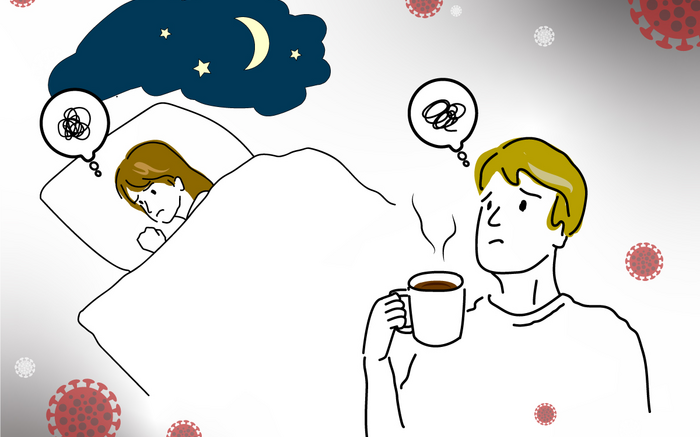Various long-term effects have been found to occur after infection by the novel coronavirus (COVID-19), and the reality of these lingering symptoms remains unknown. These unknown factors continue to contribute to a general lack of understanding and social unease.
A research group led by Dr. Waki Imoto from the Osaka Metropolitan University Graduate School of Medicine conducted a study at five Osaka hospitals. 285 patients diagnosed with or hospitalized for COVID-19 in 2020, were surveyed to determine the long-term after-effects.
“At the beginning of 2021, we started research on the after-effects of COVID-19 through a specialized outpatient clinic that treats people suffering from the after-effects. We hope that this research will help people understand the aftereffects of COVID-19” said Imoto.
The results of the survey showed that more than half of the respondents experienced long-term after-effects, even one year after recovering from their initial COVID-19. The researchers revealed that after-effects, including fatigue, abnormalities in taste and sense of smell, hair loss, and sleep disorders may persist long after recovering from COVID-19, regardless of the initial infection’s severity.
Even young people, people who are vaccinated, and people who have been previously infected—who are less likely to become severely ill—can still experience these residual after-effects, making it necessary to continue treating all COVID-19 seriously.
Source: Osaka Metropolitan University
